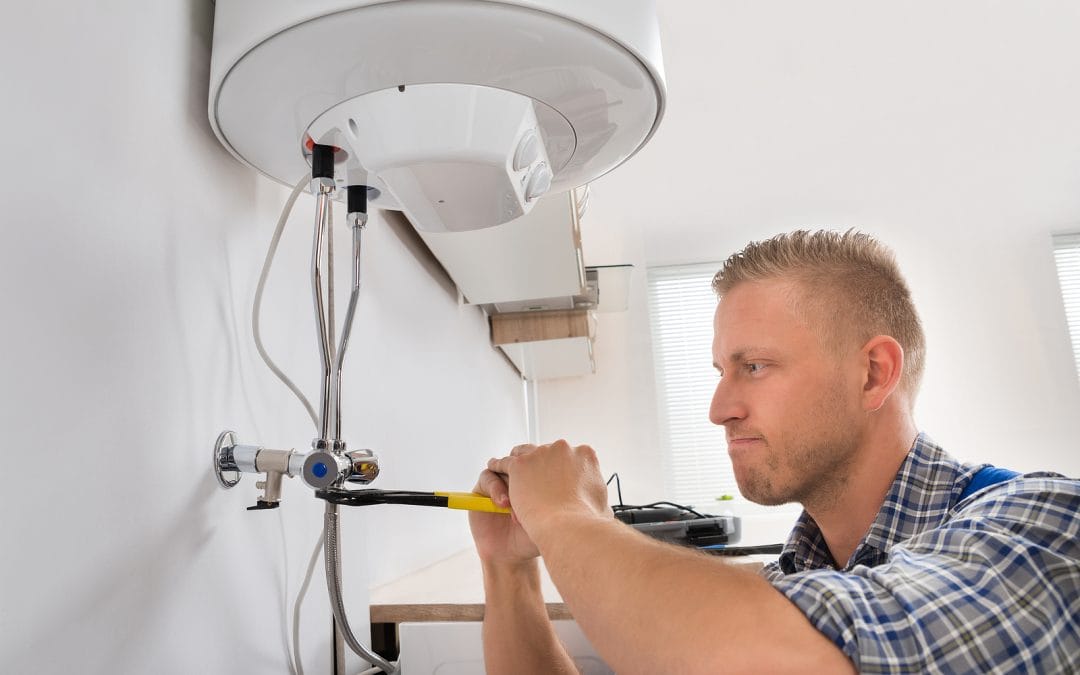When you are looking to upgrade or replace your existing heating system, you are invariably playing the long game and focusing on the total cost of ownership.
This means not only being mindful of the cost of the boiler itself, but the cost of installation, how much disruption it may cause you due to building and renovation works, the overall running costs and how much it will cost to maintain and repair over time.
This is the dilemma that often surrounds electric boilers as a like-for-like replacement for a gas system, as well as a major reason why alternatives such as heat pumps have historically struggled to be adopted in significant numbers.
Whilst initiatives such as the Boiler Upgrade Scheme have helped somewhat when it comes to the latter, a common question we receive when it comes to like-for-like electric boiler swaps is how much it will save in the long run.
The best way to answer this is to look at all of the main factors that can affect the cost to heat your home, whether it is cheaper to use gas or electricity, and how this could change in the long run.
Installation Costs
Taking into account the total cost of installation, including the cost of the gas-safe engineer, any modifications to your pipework or wiring and the boiler unit itself, gas boilers tend to be cheaper to install because they are more widely available, and skilled engineers are familiar with how to install them.
Unlike a heat pump, an electric boiler does not necessarily require extensive home modifications, but the unit itself tends to be more expensive to buy upfront than a highly efficient modern gas boiler.
Exactly to what extent depends on whether there needs to be any modifications to the boiler location, the size of the home and the type of boiler it is replacing.
This could change if like-for-like electric boilers become more popular, as that could lead to an economy of scale that will lower costs, as is slowly being seen with heat pump units, even if installation costs still remain high.
Similarly, if electric boilers become part of a clean heat scheme, that could change matters, but at present, a gas boiler is cheaper to install.
Running Costs
The biggest variable, and the source of a lot of debates surrounding electric heating as a whole, comes in the form of running costs, as whether you will save money with gas or electricity will depend on a lot more than looking at the energy price cap cost per unit might suggest.
Ostensibly, it is significantly cheaper to heat your home with a gas boiler when comparing the cost per unit, but there are many different factors to consider here.
Whilst the cost of electricity per unit is over four times the cost of gas, electric boilers are more efficient, meaning that they use fewer units of energy to heat a home compared to a gas boiler.
Even with this in mind, however, most modern gas boilers are up to 93 per cent efficient,
meaning that the difference between that and the 99 per cent efficiency of electric heating is not as significant as it used to be when gas boilers had an average efficiency of closer to 75 or 80 per cent.
Generally, a new gas boiler will be cheaper to run than an electric equivalent in most situations, but there are a few factors to consider.
Electric boilers will retain most, if not all, of their efficiency throughout their operating life, whilst older gas boilers will become less efficient, and a telltale sign that a gas boiler needs to be replaced is when bills start to increase significantly.
As well as this, if you have a very cheap renewable-based electricity tariff, or if you use alternative sources of electricity such as solar panels, it is possible to circumvent the energy market and make an electric boiler cheaper.
If the energy market changes substantially and gas becomes more expensive relative to electricity, this entire landscape could reverse, but it would take a significant policy shift for it to happen.
Lifespan And Maintenance Costs
Gas boilers need to be serviced annually at a minimum, especially if you are a landlord, but as boilers get older, they will tend to require repairs and preventative maintenance more frequently due to the nature of how gas is used to generate heat and the various valves and moving parts found within.
By contrast, electric boilers do not have this requirement, although it is always best to get them checked, and they need less maintenance in general due to having fewer moving parts.

